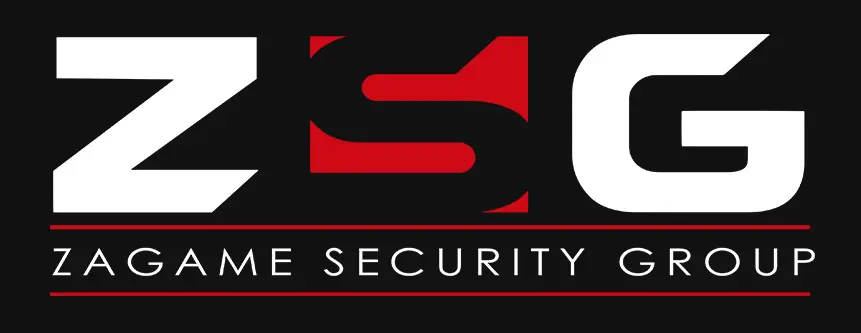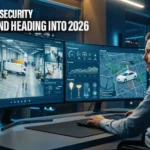What price would you pay for safety? For millions of homeowners and renters, security cameras represent more than a worthwhile investment; they’re also an effective tool in preventing crime.
One of the biggest draws of home security cameras is that they create an immediate visual deterrent against break-ins, trespassing, and other intrusions. And since so many cameras nowadays are run through a mobile app and a Wi-Fi signal, monitoring your home using video surveillance is now as easy as picking up your smartphone.
While security cameras are easier than ever to use, buying the equipment itself is still somewhat challenging, as cameras with newer, sleeker technology continue to flood the market.
In this guide, we’ll break down everything you can expect out of your camera buying experience.
1.)
Camera Resolution
The resolution of the CCTV is one of the most important factors to consider.
The clarity of your footage is valuable. It determines how clearly you can see the faces of the perpetrators. It gives you a better view of what really happened.
We would recommend going for a CCTV camera that has a resolution of 720 to 1080p, but your best bet is to go with a camera with flexible, or fluid, resolution that would work even when your connection is weak.
2.)
The Frame Rate
Apart from the camera resolution, there is also the frame rate, which plays a big role in the quality of the videos. The higher the frame rates per second, the better the videos that come out.
The best way to go is for a CCTV camera that offers more than 30 frame rates per second (fps).
If you can go for 120fps, especially for much larger houses, even better.
3.)
Smartphone Tracking
In today’s world, people tend to rely more on mobile devices. You can install a CCTV system that allows you to track and monitor using your smartphone.
There are installations that feature wireless tracking through smartphones. The good thing about this is you can personalize your phone’s security viewing system.
Simply create a domain name with a dedicated URL.
This means you don’t need to download any software or external applications to make it work.
4.)
Video Compression
CCTV footage usually results in large video data.
It is a good idea to compress that data into something you can easily transmit or store.
A CCTV camera that features H.264 compression is the best way to go when it comes to video compression.
This level of compression yields remarkable quality of your video lens transmissions.
5.)
Video Storage
The costs of storing all those ultra-HD videos with colorized night vision and wide viewing angles can easily get out of hand when it all shakes out. This can be a sticking point for some users, many of whom would rather not blow out their budgets on storage.
We advise caution here. Be realistic; how much time are you really going to spend looking over your footage? Do you really need the cameras to be running 24/7, or are you looking for a camera that records clips and is only activated by motion?
The costs of securing your home can add up fast, so be sure to account for any monthly fees (like a cloud subscription!) before considering the total costs of your security camera(s).
6.)
The Type of Camera
You need to determine the specific type of camera that works best for your home.
There are different types of CCTV cameras out there. Some of the most popular ones include the infrared (IR) security cameras; the dome cameras; the pro box cameras; and the hidden cameras.
7.)
Emergency Connectivity
Last on the list, but possibly the most vital, is emergency connectivity. Have a security service company monitor your home while you’re away. If anything suspicious or alarming happens, the security personnel monitoring the property will see it in real time and alert the emergency response team.
Zagame Security Group provides a variety of security alarm monitoring services with an operator is available 24hrs a day, monitoring many types of alarm systems.
We monitor the security system for detection of an intruder while you are away from your home. Smoke, fire detection, panic, plant, and ups alarms can also be monitored without the alarm actually being turned on or set.
When it comes to protecting your family or property, don’t take any chances – always use an appropriately licensed security provider – and make sure they are a member of the Australian Security Industry Association (ASIAL).





